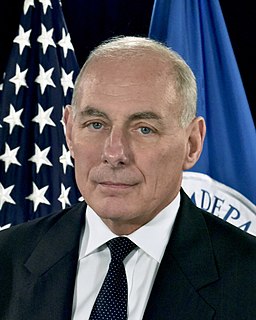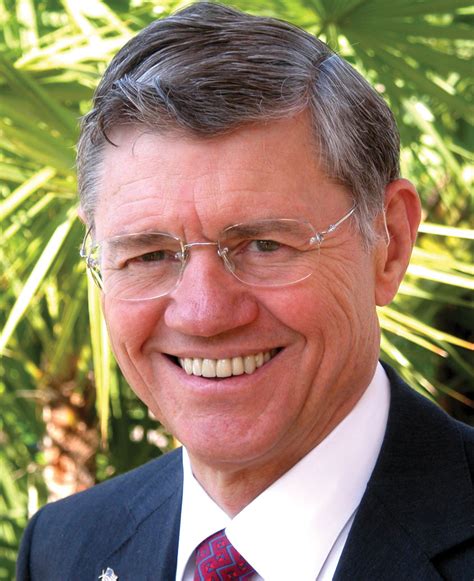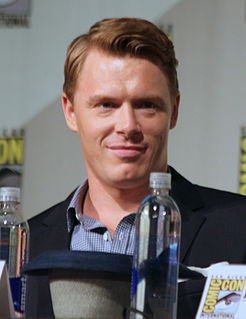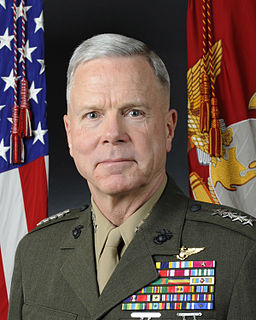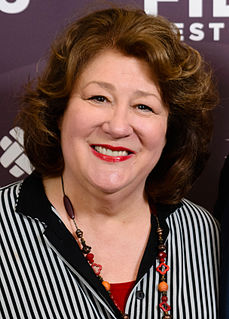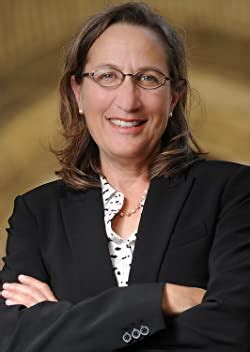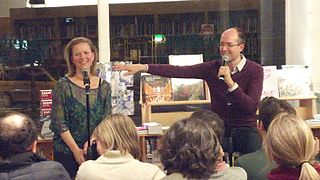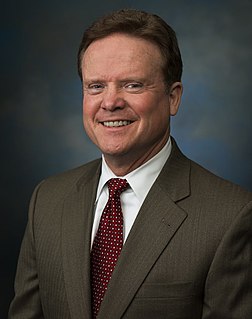A Quote by Bill Ayers
We were very excited and we brought speakers in ? then it so happened that there was a marine recruiter in the center of campus and one of our brothers, one SDS person put up a sign with a quote from the Nuremberg trial and an arrow point at the marine recruiter, saying, "This man is a war criminal." My younger brother and I, he was freshman and I was a sophomore, got caught up in the debates that were swirling around the center of campus and the young Trotskyists had put out a fact sheet on Vietnam that was phenomenal.
Related Quotes
I was less angry at [Carl] Armstrong, though I was angry at the people who came to his trial: Dan Ellsberg, who ordinarily I respected a lot; Philip Berrigan; the guy who teaches at Princeton still - I can't remember his name. And they were saying - well, they were saying, really, what Arthur Koestler had people saying on "Darkness at Noon." The means were unfortunate and, sadly, someone died, but the end is what is important and this was a great symbolic - something or other - sign against the war in Vietnam.
A Marine is a Marine. I set that policy two weeks ago - there's no such thing as a former Marine. You're a Marine, just in a different uniform and you're in a different phase of your life. But you'll always be a Marine because you went to Parris Island, San Diego or the hills of Quantico. There's no such thing as a former Marine.
We've been told by the people on the other side who don't like the campus sexual assault movement that these are all "he-said, she-said" cases. Quite rightly, they say campus procedures are often very flawed, the investigation methods are not that good, and we aren't sure what we can trust. [Opponents say that] it seems like a lot to call somebody a rapist if they haven't gone to a criminal trial.
In 1980, during my sophomore year at MIT, I realized that the school didn't have a student space organization. I made posters for a group I called Students for the Exploration and Development of Space and put them up all over campus. Thirty-five people showed up. It was the first thing I ever organized, and it took off!
It's hard for me to think about this, but I first went to Southeast Asia as a Marine more than 40 years ago, as a young Marine. I was on Okinawa and then in Vietnam. I've returned in many different hats, which I think has helped me to form my own views about policy out there. I've spent a good bit of time in this region as a journalist.


